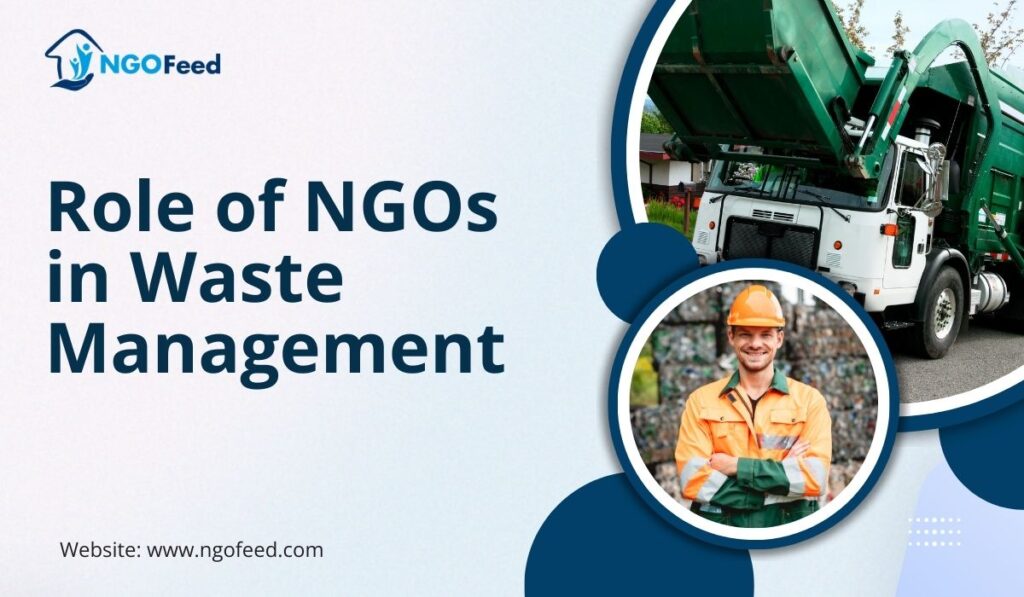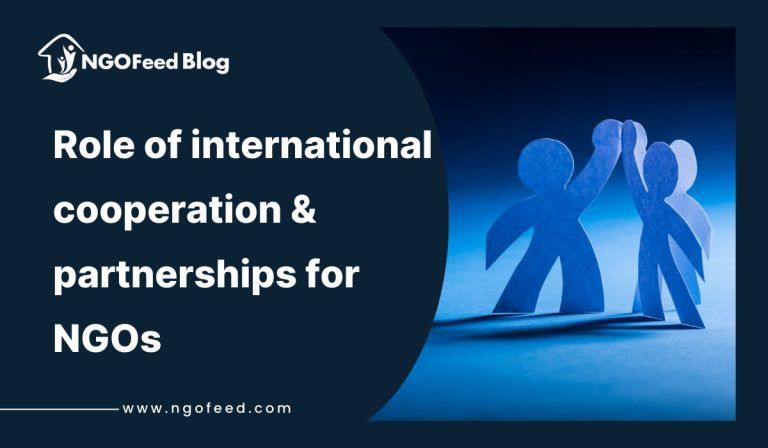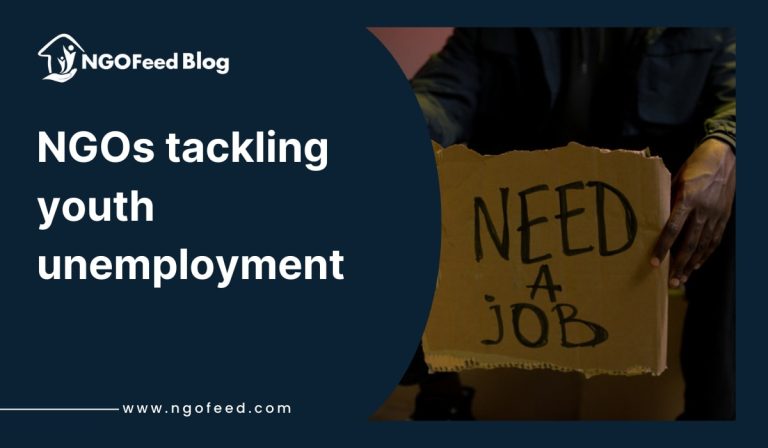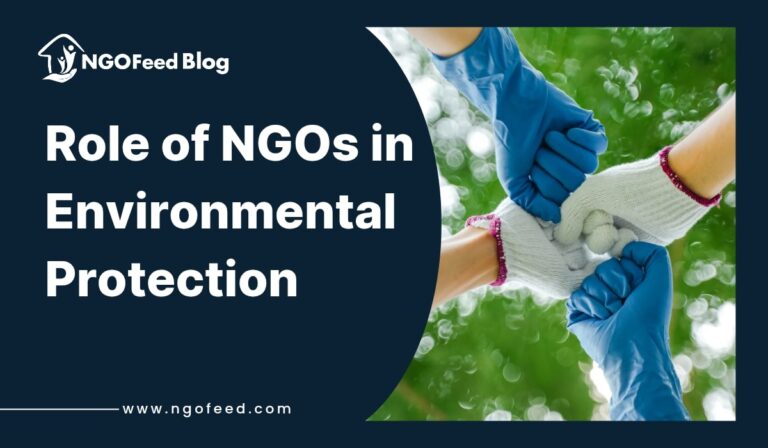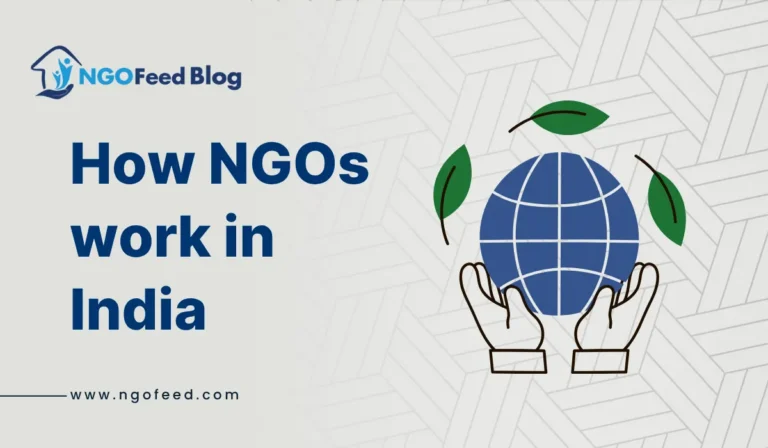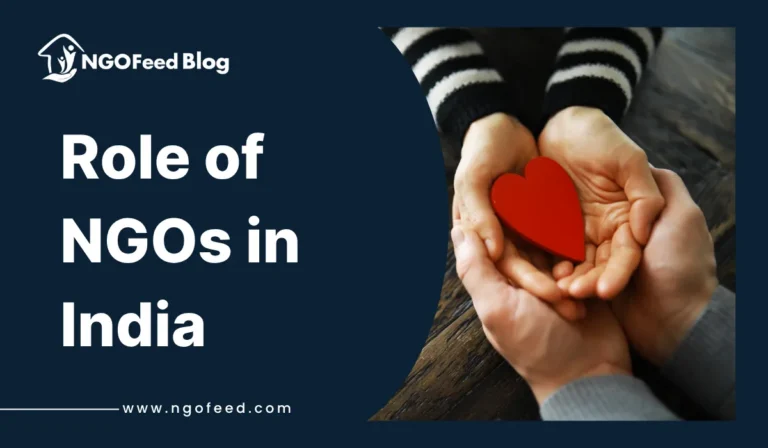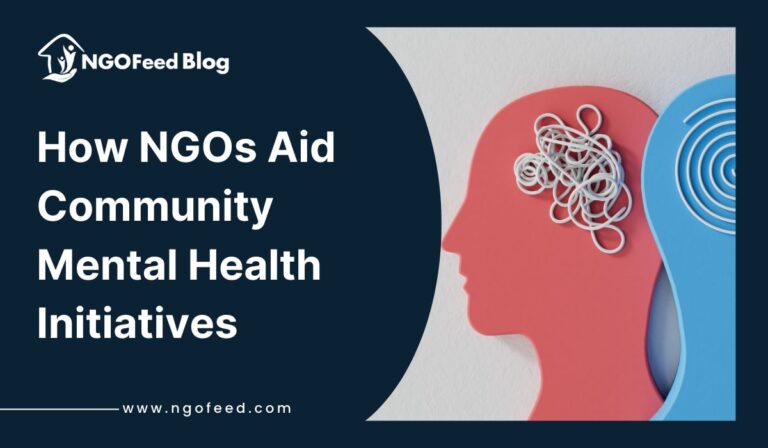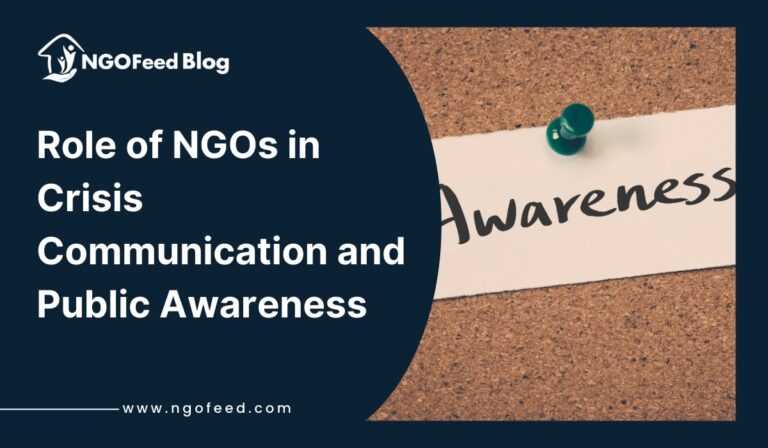Role of NGOs in Waste Management: Waste management refers to the various schemes to manage and dispose of wastes. It can be by discarding, destroying, processing, recycling, reusing, or controlling waste. The prime objective of waste management is to reduce the amount of unusable materials and to avert potential health and environmental hazards.
Table of Contents
Types of Waste
Waste can be categorized into various types based on origin, composition, and biodegradability. Organic Waste – this refers to waste that decomposes naturally and can be composted into nutrient-rich soil such as food scraps, yard trimmings, paper, cardboard, and some plastics.
- Hazardous Waste – this refers to waste that has dangerous properties and can be harmful in small amounts such as chemicals, batteries, and other materials needing special handling.
- Solid waste– this encompasses everyday discarded items such as packaging, food scraps, clothing, and household goods.
- Liquid Waste – these is waste from households, industries, and medical facilities such as wastewater, oil, and chemicals that can contaminate drinking water sources and water bodies.
- Recyclable Waste – waste that consists of materials like plastics, paper, glass, and metals which can be reprocessed to conserve natural resources and minimize environmental impacts.
Also Read: Role of NGOs in Sustainable Agriculture
Methods of Waste Management
Zero Waste Europe (ZWE) has developed a new waste management hierarchy that prioritizes resources over waste. This tool categorizes waste management methods in levels based on their environmental impact:
- First level – Reduce: Minimizing the amount needed from the beginning to lower overall waste generation.
- Second level – Reuse: Utilizing resources repeatedly to extend their lifespan and reduce the need for new material production.
- Third level – Recycle: Transforming waste into new products to promote the circular use of materials.
- Fourth level – Recovery: Extracting energy from waste through various processes, contributing to sustainable resource management.
- Fifth level – Landfill: Safely disposing of waste in designated areas to minimize environmental impact.
Role of NGOs in Waste Management
In the pursuit of a greener and more sustainable world, non-governmental organizations (NGOs) play a pivotal role in driving positive change, especially in the realm of waste management. This blog explores how NGOs are catalysts for promoting sustainable waste practices, fostering community engagement, and paving the way for a circular economy.
NGOs as Advocates for Sustainable Waste Practices:
NGOs are the architects of change, who can literally transform the face of the earth with their hard work and dedication. Here is how NGOs can contribute towards a cleaner and greener environment, by reducing; reusing, and recycling the waste that we keep filling our lands with –
- Awareness Workshops and Programs: Many NGOs conduct educational workshops and programs in schools, colleges, and other community centers to increase awareness about recycling practices, wet and dry waste segregation, and the environmental impact of wrong waste disposal. They also conduct practical workshops on recycling, teaching participants how to create useful items from waste materials, thereby showcasing the potential of upcycling. These upcycled materials are also sold online and in shops.
- Interactive Campaigns: NGOs use creative and interactive campaigns, both online and offline, to engage the public. The activities in the campaigns may include games, quizzes, and contests that make participants more aware of recycling. They organize clean-up drives in localities, lakes, beaches, and public spaces to visually demonstrate the impact of waste accumulation and communicate the importance of responsible waste management. They host events and celebrations focused on recycling and waste management to draw attention to the cause and emphasize the positive impact of recycling.
Also Read: Role of NGOs in Wildlife Conservation
- Waste Collection and Segregation Initiatives: NGOs actively engaged in waste collection and segregation activities, partnering with communities to promote the practice of separating recyclable materials from general waste. NGOs also collaborate with industries, local businesses, and individuals to promote sustainable packaging, responsible waste disposal, and other eco-friendly practices to promote upcycling of waste.
- Resource Development: As an effort to promote the recycling of waste, NGOs prepare educational materials like brochures, artworks, media, and other kinds of interesting and engaging content that explain recycling concepts, the detailed process of waste management, and its environmental benefits. NGOs create waste warriors and recycling heroes by empowering local communities by providing them with the knowledge and tools to effectively manage their waste through sustainable practices.
- Partnering with Academic Institutions: Many NGOs collaborate with schools and colleges to integrate recycling into their curricula, encouraging the next generation to adopt responsible waste management practices. They often conduct research on waste generation, recycling rates, and the environmental impact of waste to inform their advocacy efforts and incorporate their studies with the syllabuses so that the next generation benefits from the knowledge too.
How can you contribute?
Renting a Dumpster to Get Rid of Waste:
For those who need to rent a dumpster to dispose of everyday waste, hazardous materials, or recyclable items, there are several steps you’ll need to take.
Step 1: Determine the size and type of dumpster you need
Different types of waste require different types and sizes of dumpsters. Therefore, it’s important to determine what type of waste you’ll be removing before you rent a commercial dumpster.
Step 2: Choose a dumpster provider
Once you’ve determined the size and type of dumpster that you need, you can start looking for a reputable dumpster rental company. Do some research online to find a company with a good reputation and reasonable rates.
It’s also a good idea to speak to friends and colleagues who have used a local dumpster rental company to get their opinion.
Also Read: Role of NGOs in Disaster Relief
Step 3: Arrange for the dumpster rental
After you’ve found a reputable dumpster rental company, you’ll need to sign a contract and make the required payments
You’ll also need to determine the pickup and delivery schedule with the dumpster provider. Once the dumpster has been delivered, you can begin removing the waste.
Step 4: Follow the proper disposal steps
When disposing of your waste, it’s important to follow all local regulations and guidelines. This includes separating different types of waste and placing them so they fit in the dumpster correctly.
Challenges or Controversies of Waste Management
NGOs and nonprofits face challenges in waste reduction efforts, such as limited funding, public resistance, and policy barriers. Additionally, controversies surrounding waste reduction strategies often arise, highlighting the need for ongoing discussions and evaluations.
Future Outlook
Looking ahead, waste reduction efforts led by NGOs and nonprofits are expected to continue evolving. Advancements, challenges, and opportunities in waste reduction will shape the future directions of these organizations, contributing to a more sustainable society.
Also Read: Role of NGOs in Animal Welfare
Conclusion
The role of NGOs and nonprofits in waste reduction efforts is crucial for addressing the environmental and social impact of waste. By advocating for change, implementing effective initiatives, and collaborating with government agencies, these organizations play a key role in creating a sustainable future.

